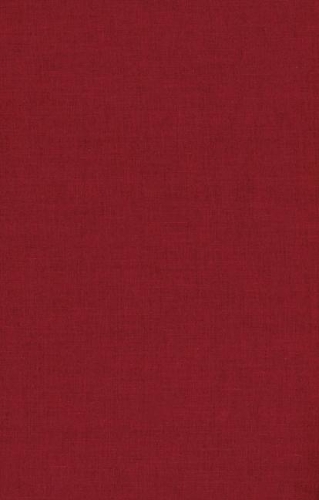
White War, Black Soldiers: Two African Accounts of World War I
(Hardback)
Available Formats
Publishing Details
White War, Black Soldiers: Two African Accounts of World War I
By (Author) George Robb
By (author) Bakary Diallo
By (author) Lamine Senghor
Translated by Nancy Erber
Translated by William Peniston
Hackett Publishing Co, Inc
Hackett Publishing Co, Inc
24th May 2021
United States
Classifications
General
Non Fiction
History
European history
African history
First World War
940.481663
Physical Properties
Hardback
200
Width 139mm, Height 215mm
343g
Description
Strength and Goodness (Force-Bont) by Bakary Diallo is one of the only memoirs of World War I ever written or published by an African. It remains a pioneering work of African literature as well as a unique and invaluable historical document about colonialism and Africas role in the Great War.Lamine Senghors The Rape of a Country (La Violation dun pays) is another pioneering French work by a Senegalese veteran of World War I, but one that offers a stark contrast to Strength and Goodness.Both are made available for the first time in English in this edition, complete with a glossary of terms and a general historical introduction. The centennial of World War I is an ideal moment to present Strength and Goodness and The Rape of a Country to a wider, English-reading public. Until recently, Africa's role in the war has been neglected by historians and largely forgotten by the general public. Euro-centric versions of the war still predominate in popular culture,Many historians, however, now insist that African participation in the 1914-18 War is a large part of what made that conflict a world war.
Reviews
" White War, Black Soldiers is a terrific read, from start to finish, and addresses such an important gap in our knowledge about Africa, Africans, and WWI. The editors offer a rich, balanced and nuanced account not just of the historical contexts in which to read these texts but also of how we should approach themin all their complexity. Diallo's text nicely defies a neat postcolonial reading and helps us appreciate the historical contingencies and variations of interwar 'radicalism'. It also of course helps students confront the ongoing whiteness of WWI studies." Antoinette Burton, University of Illinois Urbana-Champaign
